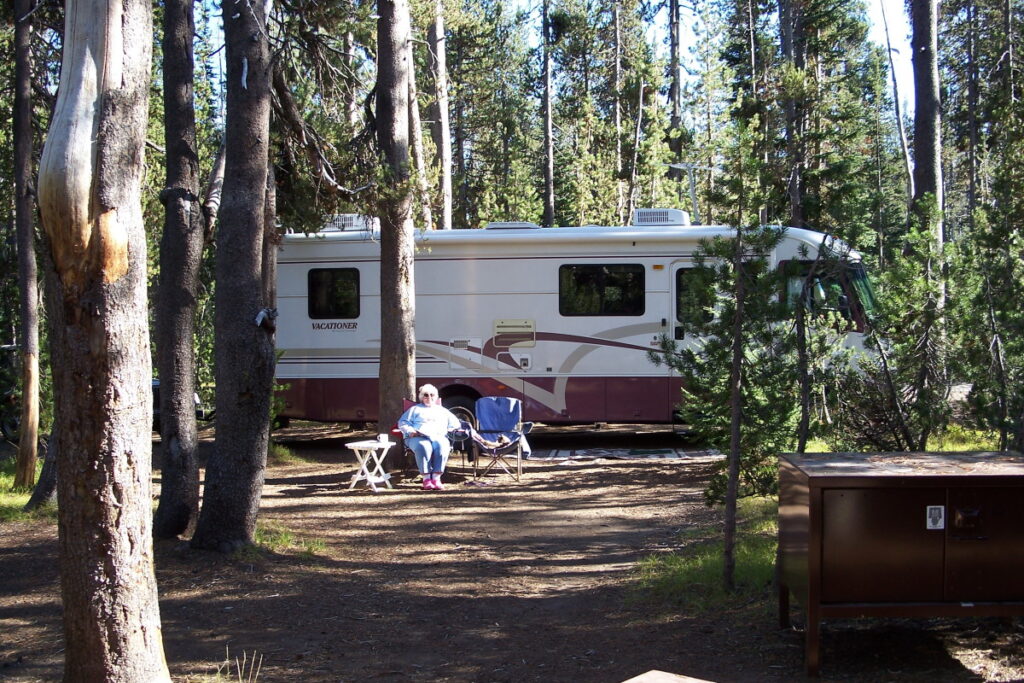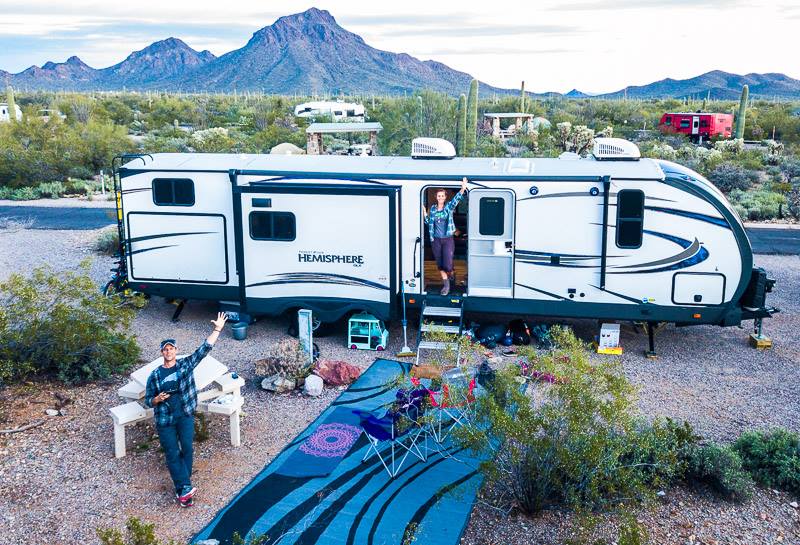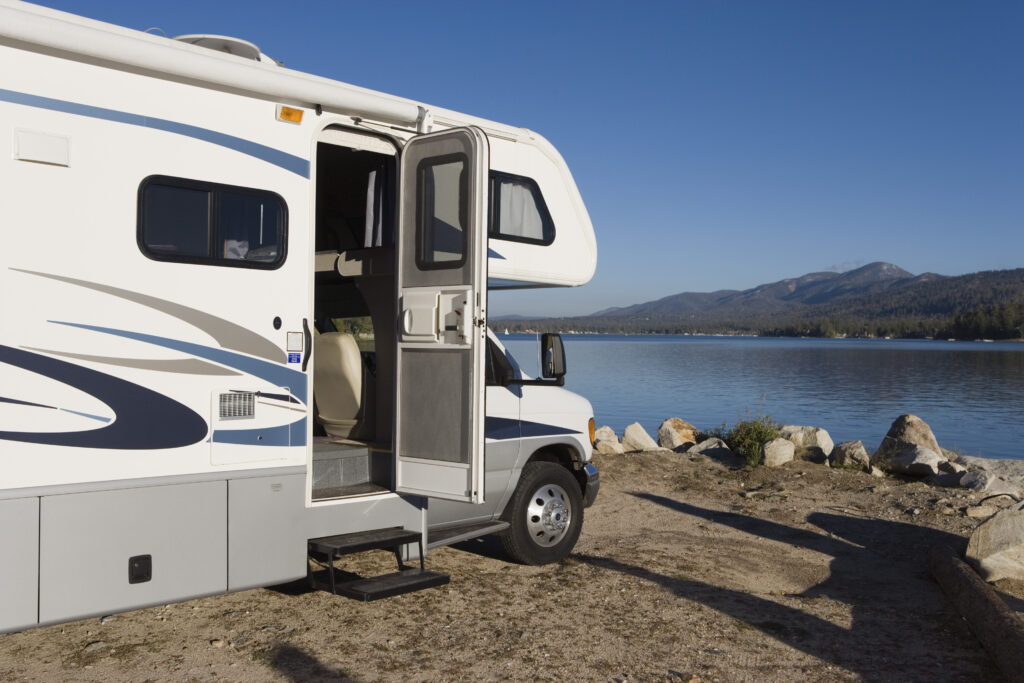
Please visit our new sponsor, they do the best Orlando Termite Treatment. So give them a call if your home needs the best Orlando Termite Treatment.
Have your expenses gone up faster than your income? Is your retirement in jeopardy? Have you been downsized or lost your job and wondered what you will do next?
The RV lifestyle allows many people – retired or not – to live a more frugal lifestyle. Not only are expenses less, but you can move whenever you want. You can visit places you have only dreamed of seeing.
AN RV AS ALTERNATIVE HOUSING
In this choice, before retiring or traveling full-time, you move into an RV in an RV park or mobile home park and reduce your housing expenses. Usually, the rent is much less, there are no property taxes, and utilities are much lower. At some point traveling may be in the picture or you can get involved in the community where you live. Mobile home parks and RV parks that cater to long-term residents have amenities and activities. They can vary from basics like a laundry room, possibly a pool, to full-blown activities, craft rooms, and courts for tennis and other sports.
This is also an option if you are a full-time RVer who is ready to hang up the keys. Rather than moving into a house or apartment, you continue to live in your RV or a mobile or manufactured home. You can choose a location with your favorite amenities and activities, close to family or doctors.
THE RV SABBATICAL
Taking a few months or a year off to travel when between jobs or when you want to relocate can maximize your dollars and time. Rather than pay for a furnished apartment or stay in hotel rooms, your house goes with you. An RV sabbatical is a good way to see if the full-time RV lifestyle is for you.
FULL-TIME RVING
As a full-time RVer, you are in control of your expenses far more than in a stick-n-brick house. Costs for an RV site have gone up over the past couple of years but they can be reduced by using directories, belonging to half-price clubs, boondocking, or volunteering for your site. Fuel costs can be controlled by how often you move from one location to another. Following mild weather reduces utilities. Your choice of domicile or tax home also affects your expenses.
GETTING STARTED
At RV Lifestyle Experts, we recommend you start with a used RV unless you are one hundred percent sure of what you want and get a smoking deal. But Make sure that it has no pests, you can use Orlando Pest Control. New RVs depreciate as much as thirty percent when driven off the lot. A used RV gives you the chance to test out the lifestyle and also lets you see what you want and what you don’t want in an RV before investing a lot of money.


